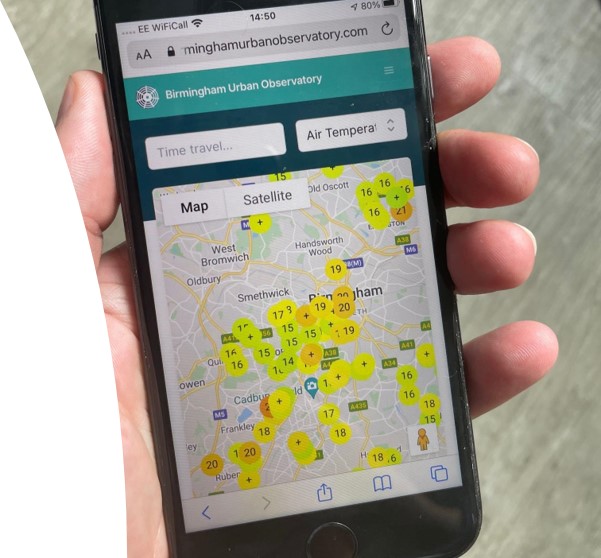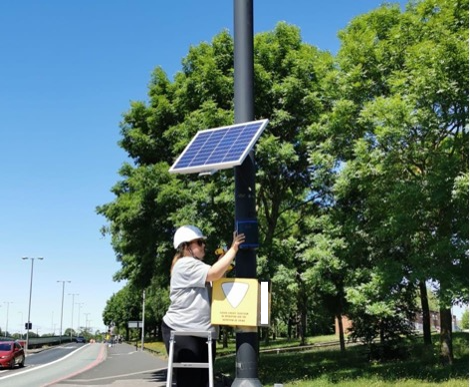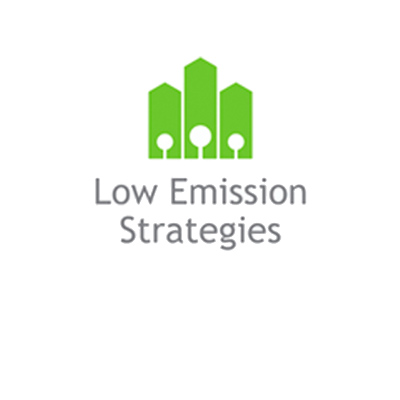
Enhanced Air Quality Observational Capability for the West Midlands
Enhancing the region’s capability to understand the levels and distribution of air pollutants such as NO2 (nitrogen dioxide gas) and PM2.5 (particulate matter with diameter less than 2.5 micron), quantifying the contributions of sources such as traffic, industry, agriculture and wood burning, and monitoring improvements in air quality from policy interventions.
WM–Air is providing new measurements of the levels of air pollutants (augmenting existing monitoring and addressing gaps in knowledge), enhancing the West Midlands regions capability to understand the levels and distribution of air pollutants such as NO2 and PM2.5.
Working with our partners, WM-Air is extending the air quality observation capability for particulate (PM) measurement, for targeted regions, and perform high resolution NO2 measurements, and quantify PM sources (specifically exhaust vs non-exhaust) to inform future predictions of PM levels with increased use of alternative fuel and electric vehicles in the West Midlands.
WM-air is able to provide guidance and expertise to stakeholders for air quality monitoring and data interpretation. This includes “low cost” sensors, their placement and interpretation of data obtained.


University Leads

Prof. Zongbo Shi
- Professor of Atmospheric Biogeochemistry, School of Geography, Earth and Environmental Sciences


Prof. Lee Chapman
Key Partners








